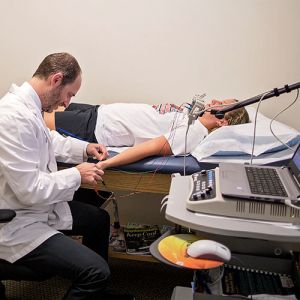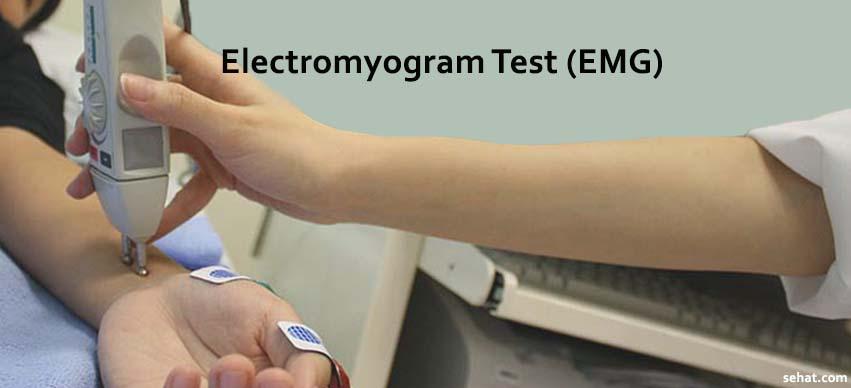

Nerve conduction studies are safe and generally well tolerated.
carpal tunnel syndrome, ulnar neuropathy & other compressive nerve conditions. Nerve conduction studies and EMG can often diagnose a variety of conditions including: EMG is often done at the same time, and is a way of recording the electrical activity produced by muscles. The strength of the impulse and the speed at which it travels are examples of a number of characteristics measured. Surface electrodes (small thin metallic discs) are used to deliver and detect the electrical impulses. Nerve conduction studies are electrical tests which involve the stimulation of nerves along several points (usually as they run down the arms or legs). The typed EMG results can be faxed to your doctor within 24 hours.What are nerve conduction studies & electromyography (EMG)? When can I expect the results of the test? The second phase of the test is the needle examination study in which the doctor places a thin needle into 4-6 different muscles to look for muscle abnormality. The doctor will evaluate different nerves in the extremity, protocols vary, but be prepared to have about 4-6 nerve stimulated. The first part of the test requires the doctor to isolate specific nerves with precisely placed electrodes and then he /she will provide a low voltage electrical stimulus to activate or depolarize the nerve. On the day of the test, take a shower to remove body oil and do not use body lotion. 

Tell your health care provider before the test if: Patents that have back pain with lower extremity pain may have the following: Pinched nerve (cervical radiculopathy),.Ulnar neuropathy at the wrist or elbow,.Your doctor may want to exclude the following: Patients that have neck pain hand or arm numbness or tingling are usually referred for the test. What types of conditions are diagnosed with NCV/EMG? Patients that complain of burning pain in the feet, hands or fatigue with minimal exertion are excellent candidates for the test. Patients present with a lot of complaints, but the ones that require a nerve test (NCV/EMG) are those that complain of neck or back pain with radiating pain in the arm or legs, muscle weakness or involuntary twitching of muscles. An electromyogram, or EMG, is a test that checks the response of muscles to messages sent by the nerves. The test has two components, the first is the NCV (nerve conduction test), the second component is the needle examination called an electromyogram. An NCV/EMG test is a diagnostic test that your doctor may order to assist in obtaining additional information in order to assist him/her in making the right diagnosis regarding your medical condition.







 0 kommentar(er)
0 kommentar(er)
